Three Key Training Elements for Masters Athletes
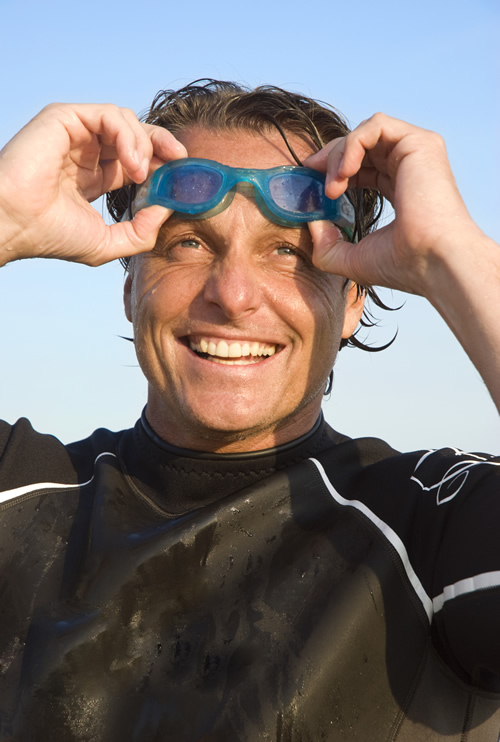
Masters athletes is a term that encompasses a wide range of active men and women over 35 who compete in sports at a very high level; they can range from the weekend warrior to elite competitor. Baby boomers are a large part of the growing number of older adults who are either picking up a…
Aqua Fitness: A low impact physical activity for the active aging adult

Aqua fitness for older adults, especially for those with limited mobility can be an excellent way of staying active. It is a low impact form of exercise that is accessible to all swimming levels and abilities. Working out in the water allows for greater range of motion without putting too much strain on the body,…
How do you choose a medicine ball?
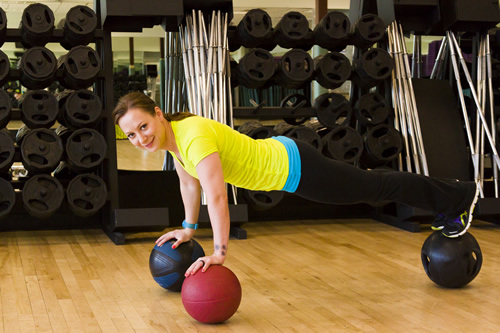
Many variations of medicine balls have come and gone throughout history but one thing remains constant, they are an excellent training tool for athletes. Medicine balls are essential for building the explosive strength that many athletes need to perform at their best. It’s a unique tool that has the ability to force the body to…
Combining Aerobic and Resistance Training a Formula for Success

Childhood obesity rates in Canada have been increasing over the last three decades. Establishing a healthy lifestyle for your child can help combat obesity and maintain a healthy weight. A great way to maintain a healthy weight is to eat a proper diet and implementing regular exercise. A new study released in the Journal of…
Hip flexors – why they shouldn’t be overlooked.
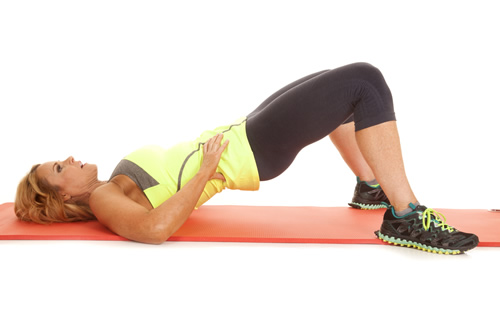
Every athlete can benefit from strong hip flexors; however hip flexor strengthening is very seldom included in athletic training regimens. The hip flexors are the group of muscles that allow you to lift your knees toward your chest or bend forward from the hips. They play an important role in stabilizing the body and having…
Overcoming setbacks: developing resilience
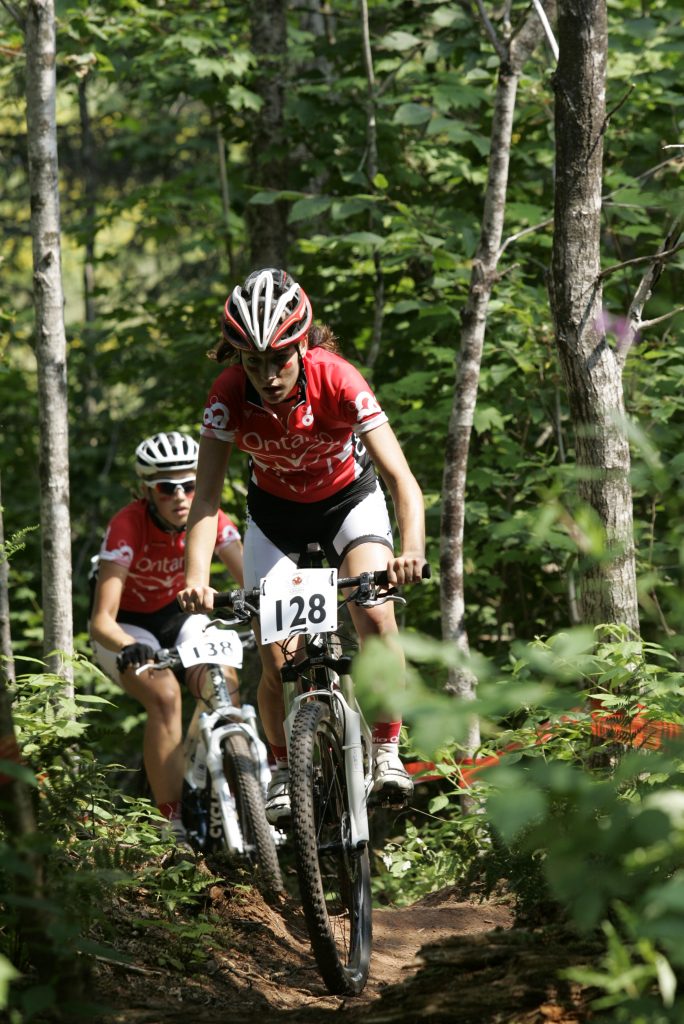
Athletes deal with many adverse situations ranging from injuries, to coping with pressure, to dealing with mental lapses that can derail their ability to concentrate on performing. Being able to bounce back from setbacks or situations that cannot be controlled builds resilient athletes. Going through adversity allows an athlete to experience a variety of emotions,…
Overtraining in High-School Athletes – The “Always-In-Season” Athlete
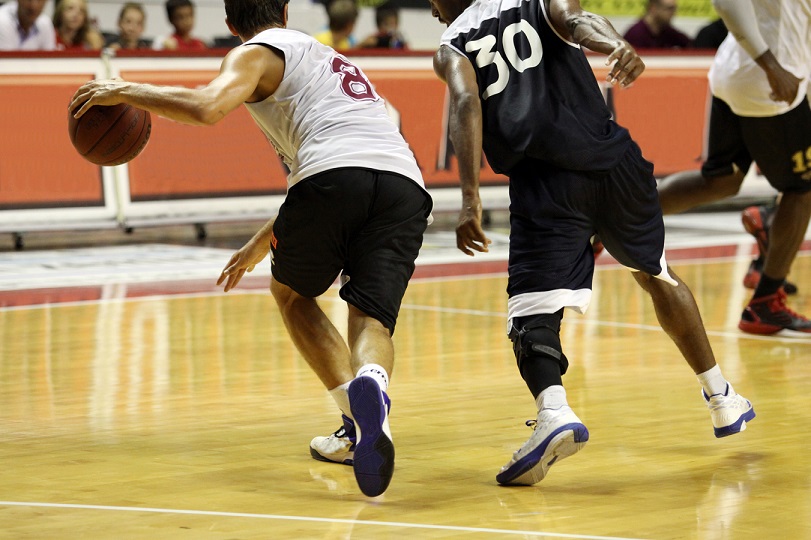
By Konrad Wiltmann Algonquin Sport Business Management student Many high-school athletes compete in a wide variety of sports over the course of the school year, while maintaining their studies, social life, and sometimes a part-time job. It is not uncommon for a high-school athlete to be “in-season” the whole year. From participating in soccer and…
Active Recovery
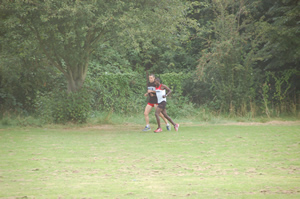
Recovery is paramount to attaining peak performance and minimizing the chances of overtraining. For athletes who carry out repeated bouts of high intensity workouts, the ability to recover between the repetitions and the days between these sessions can improve performance. Being able to recover quickly allows the athlete to apply more stress during training and…
What is better, morning or evening exercise?
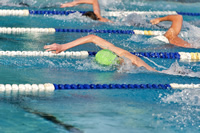
For most people daily exercise is dictated by when they can fit it in during their busy schedules. We all know that physical activity has many health benefits and doing the recommended minimum has a better outcome than being inactive. Some people are adamant that morning sweat is the best way to start their days…
When does a routine become a habit?

As an athlete, taking some time off from your sport is an essential part of the training process. After a long season your body needs time to recover. Getting away from your sport for a while also helps rejuvenate that passion and fire to compete and train again. When you return to training, the first…